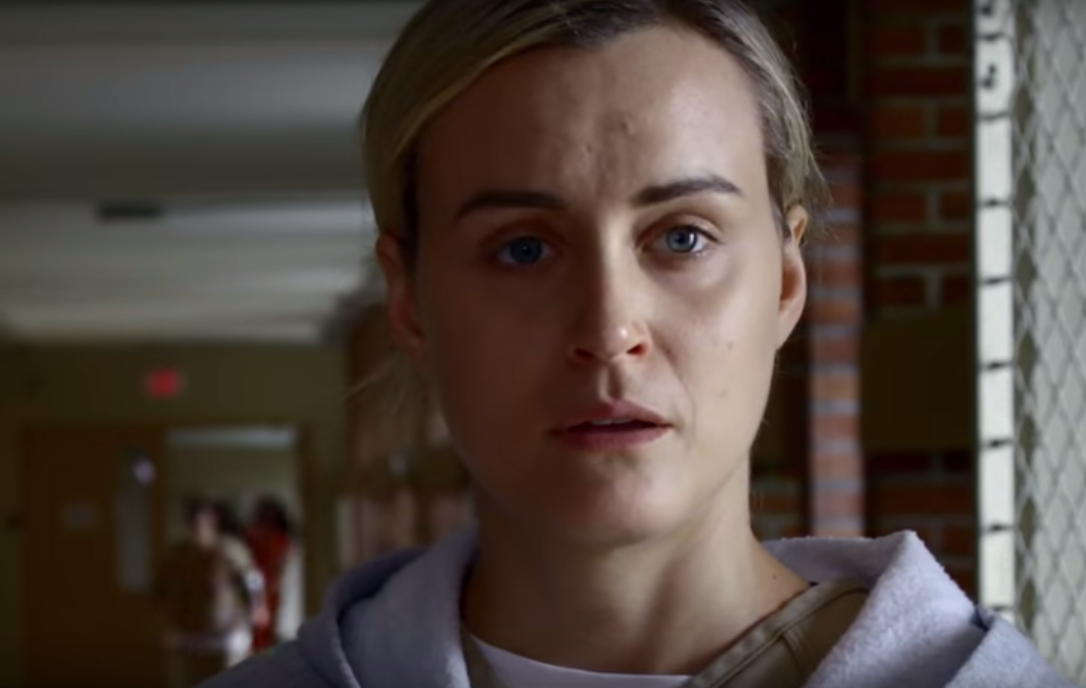TV shows that air solely online have rocked the metaphorical entertainment boat for the past four years. As binge-watching past seasons of a show online became the growing norm, it seemed inevitable that online streaming sites would figure out they could push out their own content without the help of major networks.
And sure enough, shows like Netflix’s Orange Is the New Black or House of Cards and Amazon’s The Man in the High Castle have now become household names, despite never premiering on television. Once a year, streaming services release new content, and fans jump to binge the entire season as fast as possible.
These yearly binge-worthy shows have certainly racked up large fanbases, but how sustainable is this model? How long can we go on caring about the characters in these shows when we interact with them for only a couple of days every year?
The fifth season of OITNB, announced earlier this month, is slated for release June 9. Plenty of traditional shows have lasted longer than five seasons — but asking viewers to continuously care about something they speed through in a short amount of time could prove tough in the long run.
In 2013, the first year Netflix put out original programming, the entertainment streaming company gave us OITNB and House of Cards. Hype was through the roof. And though it’s unclear exactly how viewership has changed over the years — Netflix, Amazon and Hulu all have policies of not releasing viewer statistics — social media suggests they aren’t nearly as popular as they used to be, although they still maintain a dedicated fanbase.
Think of a show you stream as an old friend from high school. You see him every year when you go home for the holidays, and it’s fun catching up and remembering all the good times you had together. But you both have also changed so much since then and you have less and less in common every time you run into each other. We like a show the first couple of times we binge it, but after a few years, it ends up feeling more like a chore than watching an enjoyable piece of entertainment.
Streamed content isn’t necessarily doomed in the long run, though. Take The Mindy Project for example. After Fox dropped the show three seasons in, Hulu picked it up to air exclusively on its website. For younger viewers, many of whom already watch shows the following day online instead of on television, jumping from network-produced to online-distributed made almost no difference. A new episode is waiting in their watch lists every Tuesday, just like it always has.
The internet is revamping the opportunities storytellers have to create and share content. Viewers are busy, and our binge-watching culture reflects that; people watch shows when they have time, not necessarily when the show airs.



